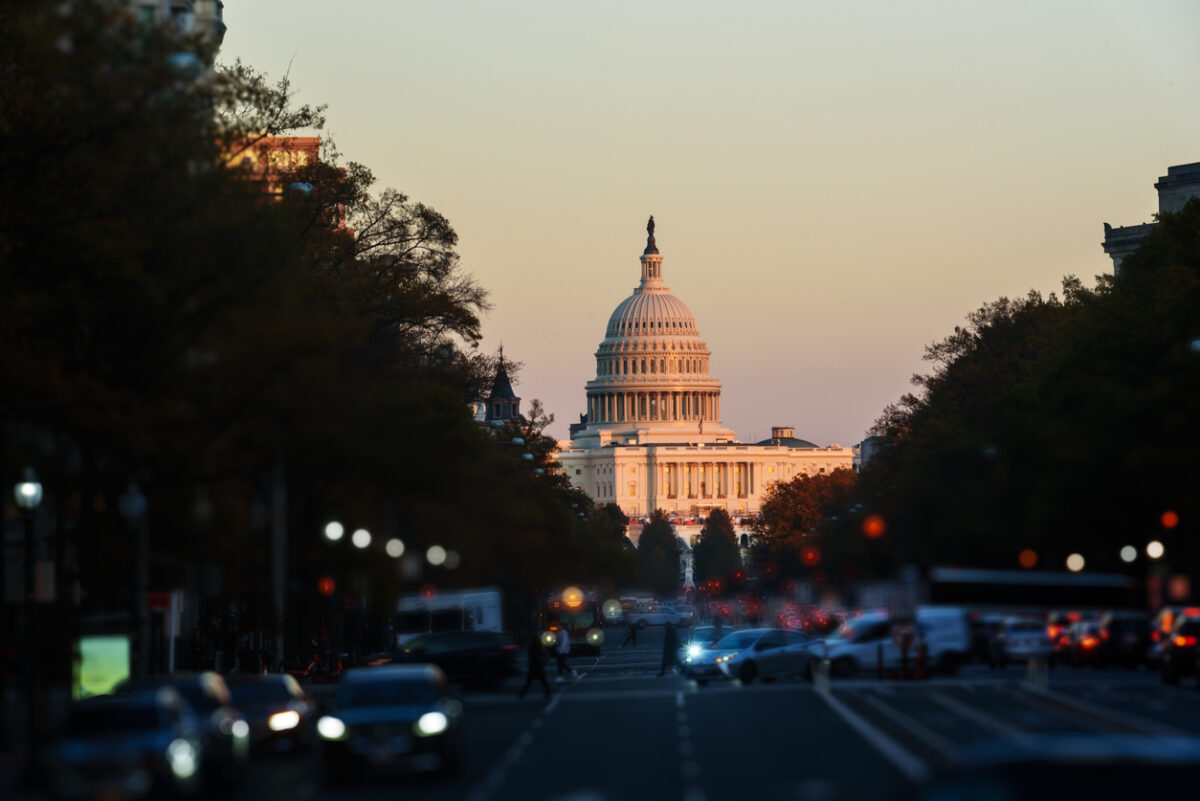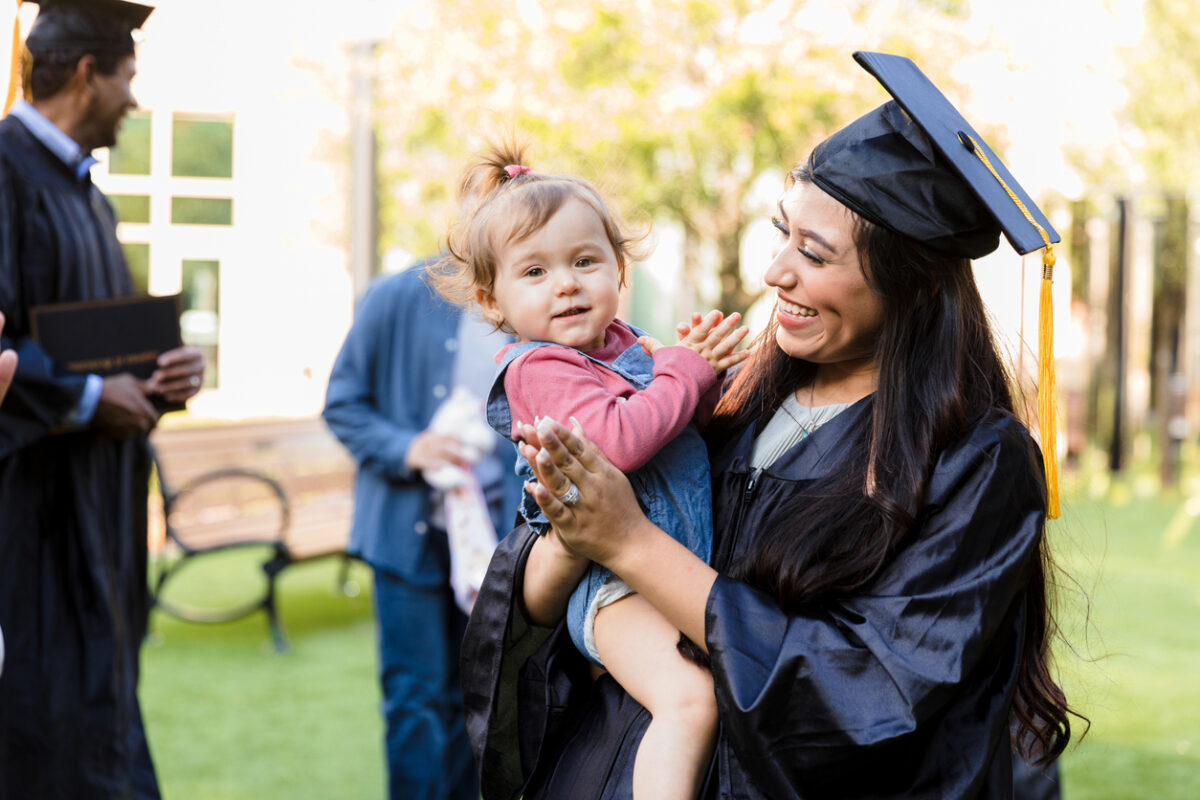More Than 3 in 4 Americans Believe College Is Difficult to Afford
Published Oct 11, 2022
By Amanda Jacobson Snyder
Minorities were exceedingly likely to believe college was unaffordable: 80% of Black Americans said college would be difficult to afford, as did 78% of Hispanic respondents. An essentially equal share of white adults (77%) said the same.
Mamie Voight, president and chief executive of the Institute for Higher Education Policy, noted that the high cost of attendance threatens to leave behind students of color and students from low-income backgrounds, “the ones most likely to be negatively impacted” by soaring prices.
To that end, the Institute for Higher Education Policy supports efforts to double the maximum Pell Grant award to help students defray the cost of attending college. The organization noted in a response to the passing of the Inflation Reduction Act that Pell Grants — which are utilized by nearly 60% of Black, half of Indigenous and nearly half of Hispanic or Latino students — once covered half the cost of attending a public four-year college, but now cover less than one-third.
On top of tuition, the cost of books, housing, food and unforeseen expenses can quickly derail the completion of a degree, or require students to pause their studies before earning their credential. The piled-up costs often become insurmountable for the students “who have the most to gain from higher education,” Voight said, leading to the accrual of debt without anything to show for it.
“Among the 39 million people across the country with some college but no degree, many carry debt without the higher earnings a degree should bring,” Voight said, “which is precisely the opposite of the social and economic mobility that postsecondary education should provide.”
Read the full article at Morning Consult.


